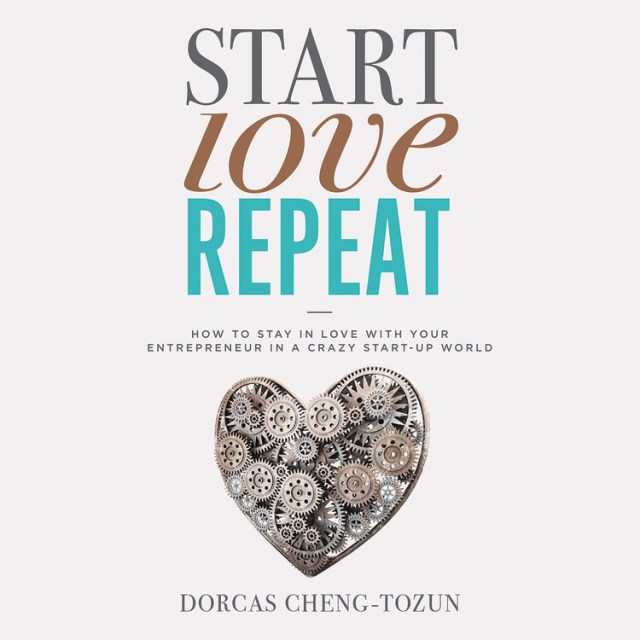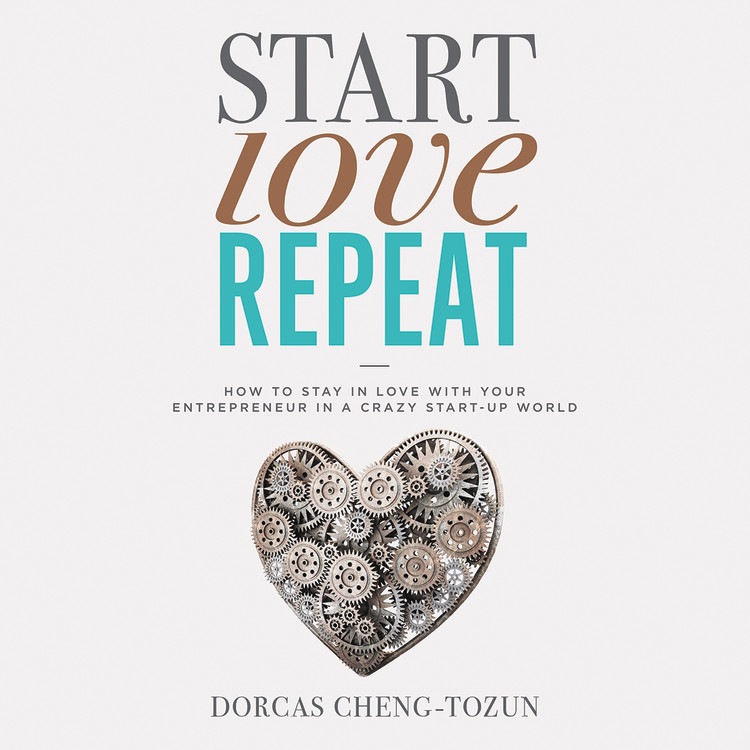By clicking “Accept,” you agree to the use of cookies and similar technologies on your device as set forth in our Cookie Policy and our Privacy Policy. Please note that certain cookies are essential for this website to function properly and do not require user consent to be deployed.
Start, Love, Repeat
How to Stay in Love with Your Entrepreneur in a Crazy Start-up World
Contributors
Read by Linda Henning
Formats and Prices
- On Sale
- Nov 7, 2017
- Publisher
- Hachette Audio
- ISBN-13
- 9781478923527
Format
Format:
- Audiobook Download (Unabridged)
- ebook $13.99 $17.99 CAD
- Hardcover $39.00 $49.00 CAD
This item is a preorder. Your payment method will be charged immediately, and the product is expected to ship on or around November 7, 2017. This date is subject to change due to shipping delays beyond our control.
Buy from Other Retailers:
The idea of starting your own business is exhilarating and inspiring. It’s one over 30 million Americans pursue. But being the significant other of an entrepreneur is not so glamorous. Boundaries between work and home disappear. Personal savings and business funds become intertwined. You can feel like a single parent as your spouse travels, works late hours, and answers calls and e-mails 24-7.You may even sacrifice a career or move your home for the sake of the business.
But there are strategies you can use to combat all this stress and uncertainty. Whether you’re new to the start-up world, or a long-term entrepreneurial partner, Start, Love, Repeat will help you understand exactly how a start-up affects your lives-and what you can do to build a happy and healthy relationship in the midst of the madness. Dorcas Cheng-Tozun has not only done extensive research, she has lived through the perils and pitfalls of being with an entrepreneur as the wife of the CEO and cofounder of successful start-up d.light. She offers clear-sighted, first-hand advice for any couple considering making the same leap. She further draws on interviews with other successful entrepreneurs and their significant others, executive coaches, marriage-family therapists, venture capitalists, and start-up authorities to provide practical insights and steps any couple can take to build a strong relationship while launching that dream business.
-
This is a practical, loving, balanced, clear, complete and real guide to living with an entrepreneur. Dorcas has included a sensitive balance between personal experience, applied examples, and research-based concepts. Her authentic vulnerability is both touching and helpful. There is wisdom and depth in every chapter.Dave Phillips, Leadership Mentor and Speaker
-
Dorcas Cheng-Tozun has written an astute, pragmatic marriage book that will quickly become the go-to manual for entrepreneurial couples across the globe. Start, Love, Repeat paves a clear path through the unpredictable labyrinth of start-up life allowing husbands and wives to a find their way to healthy, satisfying marriages.Dorothy Littell Greco, writer, photographer, and author of Making Marriage Beautiful
-
Dorcas Cheng-Tozun has written a real-life exploration of the deep importance of sustained relationships to entrepreneurs and their families. As a longtime investor, I've been an adviser to numerous founders who have faced trade-offs in their personal and professional lives. Start, Love, Repeat provides insightful, engaging, and practical advice for those who want to "win" in life and at work.Eric Kim, cofounder and managing partner of Goodwater Capital
-
Start, Love, Repeat should be required reading! This guide, and the unique guidance Dorcas provides throughout, is a godsend for entrepreneurial couples and families.Jessica Jackley, instructor in social entrepreneurship at USC Marshall School of Business and cofounder of Kiva
-
Dorcas Cheng-Tozun has provided a powerful and practical resource for any entrepreneur and their family. I recommend this to any entrepreneur who has ever struggled with balancing their work and spending time with those they love.Daniel Epstein, founder and CEO of Unreasonable
-
Start, Love, Repeat is rich in data, actionable advice and insights, inspiring stories, and raw, honest, relatable anecdotes that validate just how intense and demanding the founder's journey inevitably is. Dorcas does a wonderful job weaving an entertaining, dramatic narrative together with helpful advice and eye-opening research and quotations from across the venture spectrum. If you're hurdling down the entrepreneurial path or just along for the ride, you will benefit greatly from reading this book.Andrea Miller, founder and CEO of YourTango; author of Radical Acceptance: The Secret to Happy, Lasting Love
-
While all couples are challenged with how to balance their work and relationship, Dorcas does an amazing job of guiding them through understanding relational skills that transform their challenge into mutual growth and career success.Harville Hendrix, Ph. and Helen LaKelly Hunt, Ph. D, authors of Getting the Love You Want and Making Marriage Simple
Newsletter Signup
By clicking ‘Sign Up,’ I acknowledge that I have read and agree to Hachette Book Group’s Privacy Policy and Terms of Use







